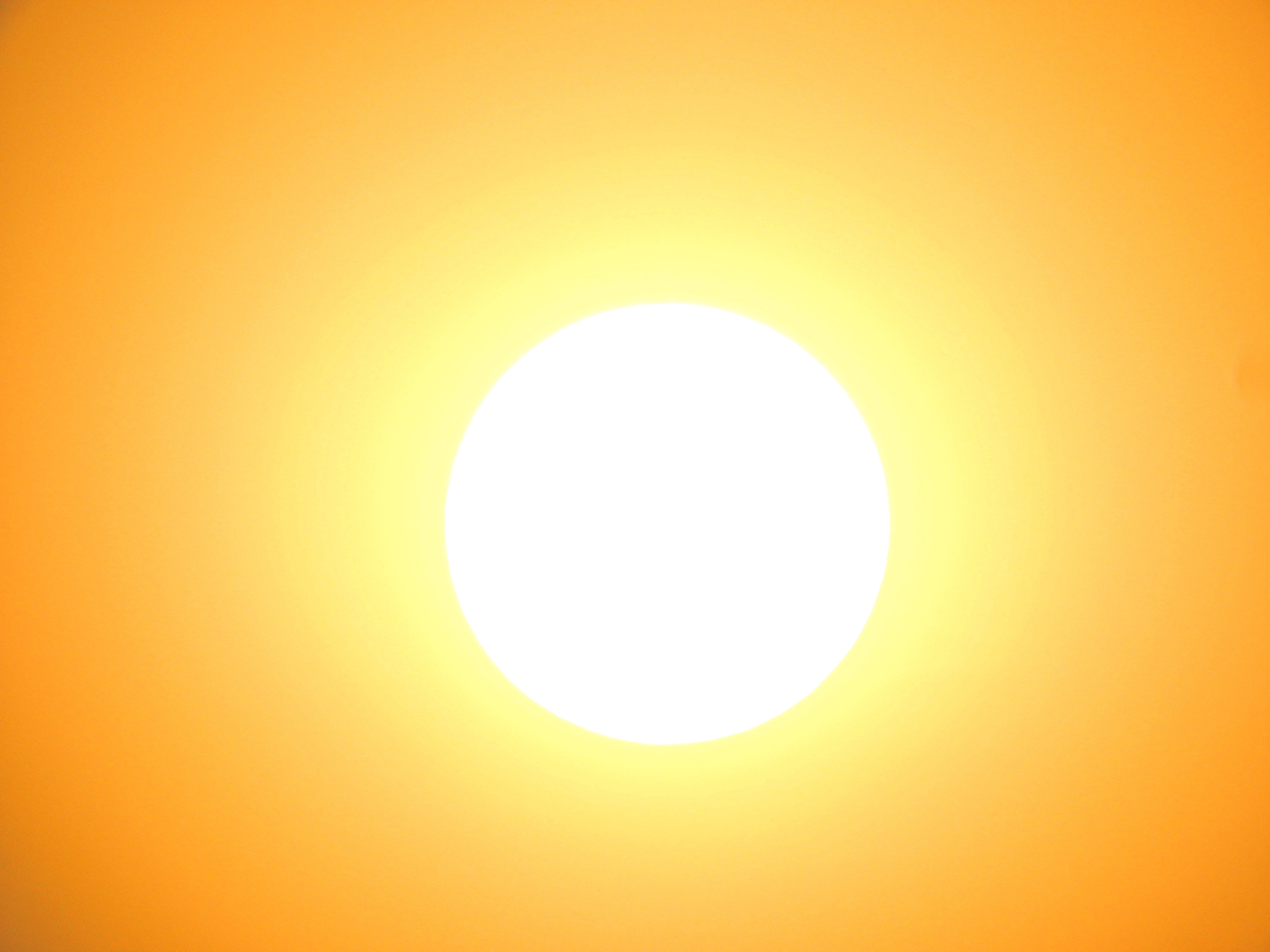Many people enjoy spending time outside in the local Bryan/College Station area during the summer. However, with the extreme temperatures we experience, we can quickly develop one of the heat related ailments: dehydration, heat exhaustion, or heat stroke. In fact, 400 deaths and thousands of emergency department visits are caused by heat illnesses each year. While infants and people 65 and older are most at risk for a heat related illness, it can affect anyone, even exercise enthusiasts.
What do these illnesses look like, and what should you do? Learn more about these common heat-related elements below, and reach out to a medical provider if you have any questions or concerns.

The Symptoms of Common Heat Ailments
Extreme temperatures with inadequate fluid intake can lead to any of the three categories of illness:
- Simple dehydration occurs when a person loses more fluid, through breathing, sweating or vomiting, than they take in. It is very rare for a healthy person to become dehydrated when they are cool and have access to fluids. Therefore, it is unnecessary to force drinking extra fluids on a daily basis. However, significant dehydration can develop in just an hour or so in extremely hot and humid conditions. Some of the symptoms are:
- Excessive thirst and dry mouth.
- Profuse sweating initially. As dehydration progresses, sweating may decrease.
- Your urine may be a dark yellow color.
Fortunately, once a person has cooled and had some fluids, most dehydration will resolve without further treatment. But, if a person cannot cool off and replace the lost fluids, they may progress to the second stage of heat related illness.
- Heat exhaustion is a more severe case of overheating and dehydration than simple dehydration. It occurs when a person is exposed to more intense heat over a longer period of time, particularly if there is no access to fluids. Some of the most common symptoms of heat exhaustion include:
- nausea and vomiting.
- Muscle cramping
- Lightheadedness
- Fatigue
- Difficulty balancing
The remedy for heat exhaustion is the same as for simple dehydration, cool off and drink plenty of fluids until you feel better. If your symptoms don’t improve, or you can’t hold down the fluids you drink, you should seek treatment at an emergency room.
If a person experiencing heat exhaustion isn’t cooled down and rehydrated quickly, they might progress to the third stage of heat ailment.
- Heat Stroke occurs when overheating and dehydration progresses to the point of alteration of mental function. Specific symptoms include
- Headache
- confusion and disorientation
- Loss of consciousness
- Seizure
- No sweating
- Rapid heart rate
- Elevated body temperature above 103 F
Heat stroke is incredibly dangerous, and it takes place when you suffer from heat exhaustion and have an internal body temperature that is greater than 103 degrees Fahrenheit. Anyone with symptoms of heat stroke must seek medical attention right away.
How To Treat Heat Problems
There are several important steps to take when it comes to heat-related illness. They include:
- Get out of the heat as quickly as possible. If you cannot go into an air-conditioned area, you should at least find a shady location.
- It is also important to rehydrate as quickly as possible. Any combination of water or sports beverages will work well. Ideally, these beverages should be cool.
- It can also be beneficial to place a cool compress on the forehead, in the armpits, or in the groin; moisten the skin; or wrap in a wet sheet.
It is also critical to reach out to a medical provider. If someone is suffering from heat exhaustion that doesn’t rapidly improve, or heat stroke symptoms of any kind, you should take that person to the emergency room, particularly if they are confused, vomiting, or disoriented.
CapRock Health: How To Prevent Heat Health Issues
You need to take appropriate caution if you spend a significant amount of time outside during the summer in College Station, Texas. Some of the most important precautions you should take include:
- Always have a source of cold fluids with you. The type of fluid isn’t as important as having adequate volumes. However, be reasonable. Drinking lots more fluid than you need can also be harmful. In general, just drink enough to avoid getting thirsty.
- Try to limit the amount of time you spend outside. The longer you are in the heat, the more likely you will develop one of these ailments.
- Frequently take breaks to cool down and have a drink.
- Opt for shady places when possible.
- Always wear sunscreen when going outside to prevent sunburn.
- You should wear a hat and sunglasses to protect your eyes and your face.
Heat related ailments are one of the many conditions we regularly care for at CapRock Hospital and Emergency Room.
If you have any questions or concerns about heat ailments, contact CapRock Health! We are always there for you when you need us the most.

